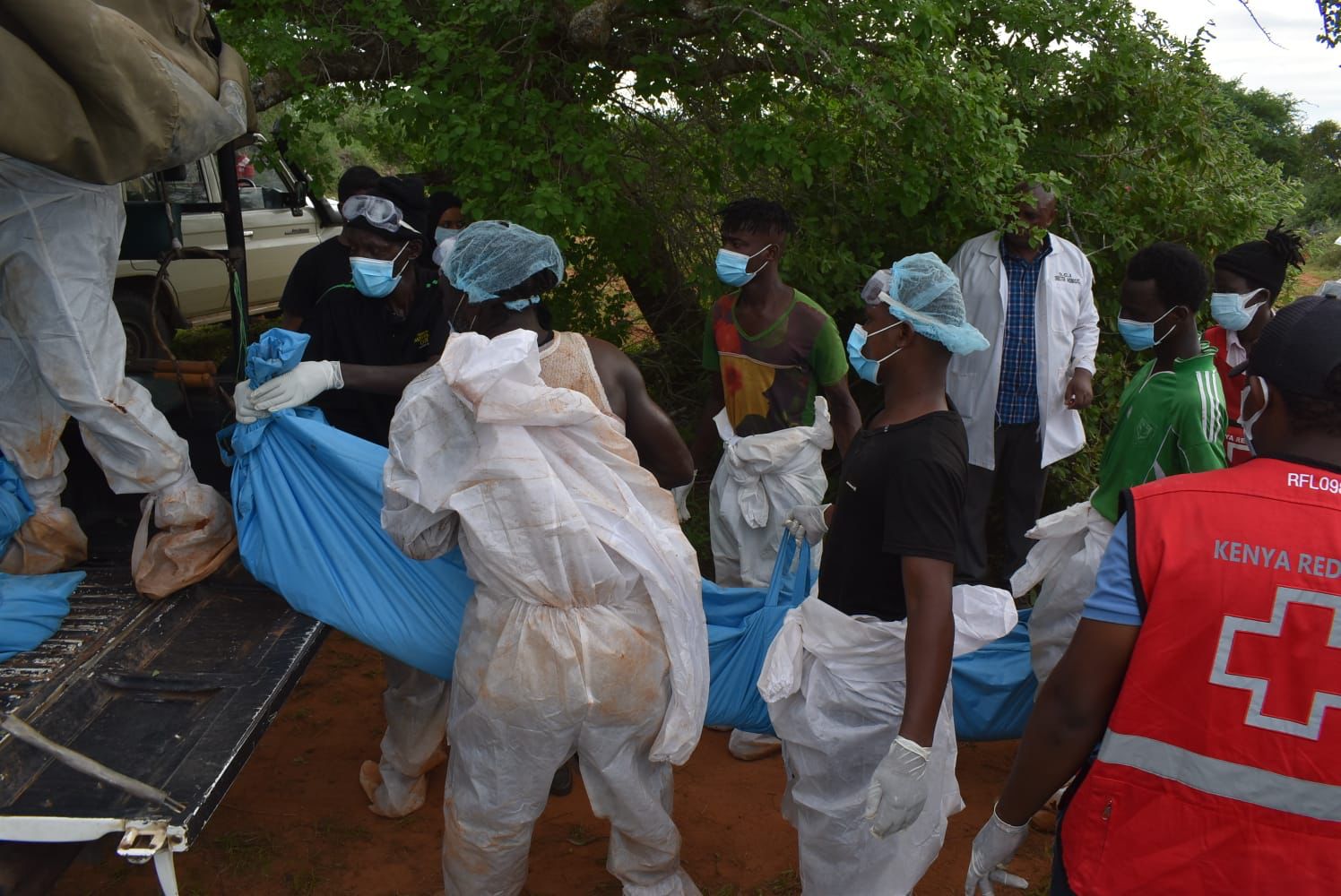Costly DNA testing crisis prolongs pain for Shakahola victims' relatives

The long and painful wait for Shakahola victims' families continues as financial and technical challenges hinder the DNA identification process.
The long and painful wait for Shakahola victims' families continues as financial and technical challenges hinder the DNA identification process.
The Office of the Government Chemist has revealed that resource constraints, costly procedures, and the deteriorated state of the bodies have slowed progress.
Dr. Joseph Kimani, Head of the Forensics Directorate, highlighted the complexities involved in DNA extraction.
“It is a very expensive undertaking especially when you’re dealing with exhumed remains, because you are not using your ordinary extraction, you are using highly stringent chemical regimes,” he said.
The condition of the bodies has made it difficult to extract reliable DNA profiles.
“Most samples were in bad shape; they were difficult to get a good profile for DNA. The bodies were buried in soil, humic acid is abundant, and again, because of decomposition processes, the DNA is highly degraded,” said William Munyoki from the Office of the Government Chemist.
Families were asked to submit DNA samples for comparison, but the government says the samples provided are insufficient for comprehensive identification.
“If you have a certain number of bodies from a scene of a disaster, you require about three times the number of the bodies you have to compare with; you need a broader sample from relatives. If you see a delay, it is about how fast and quickly you get to have relatives come out for cross-matching,” Dr. Kimani explained.
Even if more families submit samples, testing remains a challenge due to the high cost and unavailability of crucial testing kits in the country.
The government says polymerase chain reaction (PCR) tests, necessary for DNA identification, must be imported at great expense.
“There is no local manufacturer who does these kits, we have to procure them from abroad, and the procurement processes are lengthy, and the kits are damn expensive.
One kit to carry out just 200 runs is almost 1 million, so the expense for instance for Shakahola is in monumental amounts,” Dr. Kimani said.
So far, 333 DNA samples have been tested from the 453 bodies recovered, but only a limited number have been successfully matched to relatives.
“We have some profiles that have not been matched with any relatives, so they need to come for samples,” Munyoki said.
For the families still waiting, the delays have added to their emotional burden.
Many continue to hope for closure, but with financial and logistical setbacks stalling the process, the wait for answers remains painfully long.
